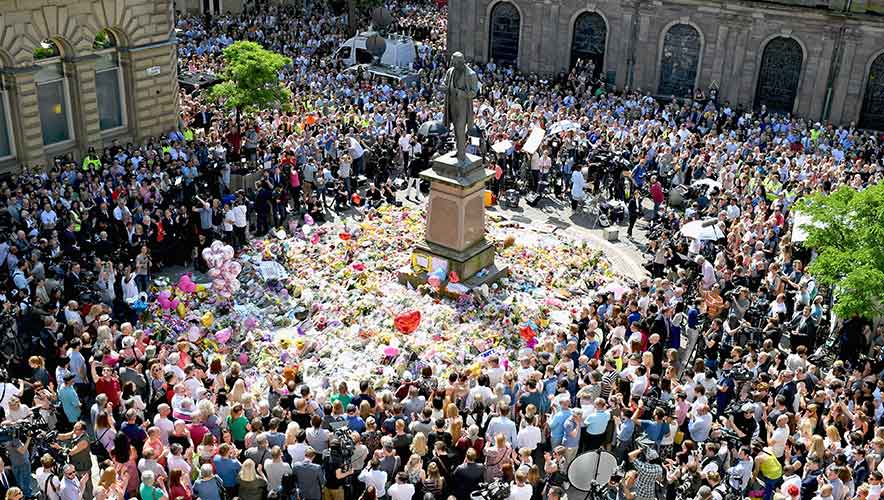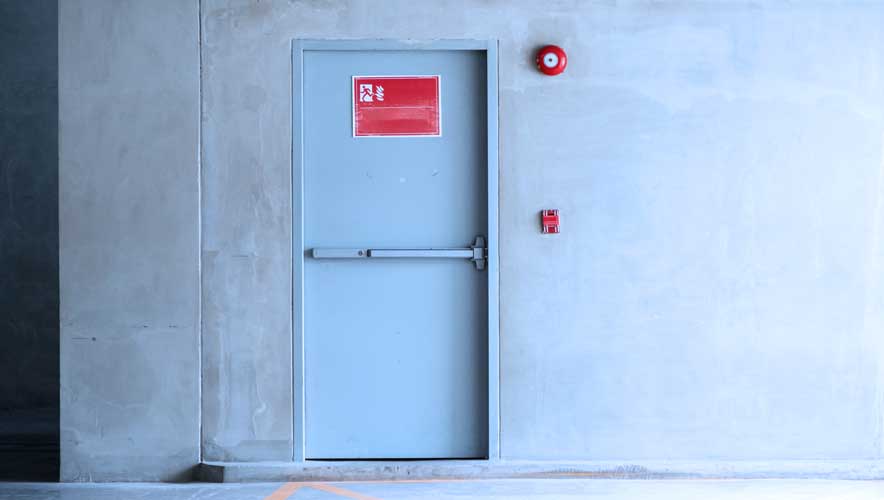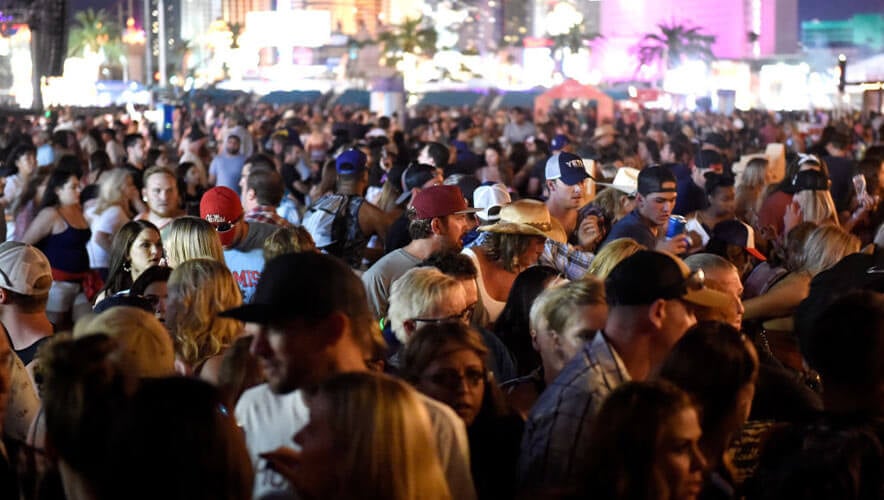Manchester Inquiry: British Intelligence Failed in Preventing the Bombing
The United Kingdom’s intelligence agency MI5 failed to “act swiftly enough” in preventing the Manchester Arena Attack, according to the final report from the Manchester Arena inquiry.
The independent public inquiry released its third volume on the findings of its inquiry into the 2017 mass attack in Manchester, England.
Key findings of the report determined that “there was a realistic possibility that actionable intelligence could have been obtained which might have led to actions preventing the attack.”
The report “found that the attack might have been prevented if MI5 had acted on two key pieces of information regarding bomber Salman Abedi,” CNN reported.
Months prior to the attack, the security service received intelligence on two separate occasions that “was not fully appreciated at the time,” the report said. Although separate officers speculated that the intelligence items might have at least some potential national security concern and could represent potential terrorist activity, neither intelligence item was acted upon in the appropriate manner.
Regarding at least one of the intelligence items, if it had been further investigated, “this would have increased the overall prospect that the attack would have been presented” in conjunction with the second intelligence item.
In the report, one witness, an unnamed MI5 officer, admitted that the agency branch northwest England had difficulty in keeping up “with the workload in 2017, when the agency was running about 500 investigations into suspected Islamist extremists with a further 5,000 active subjects of interest,” according to The Guardian.
“Although I accept that (Abedi) demonstrated some security consciousness and that this might have affected the efficacy of the investigative action that I have identified, there was the real possibility that it would have produced actionable intelligence,” said Sir John Saunders, who chaired the inquiry, in the report.
The security service issued a response to the third volume's findings on 2 March.
“I deeply regret that such intelligence was not obtained,” said MI5 director-general Ken McCallum, according to BBC News. “Gathering covert intelligence is difficult, but had we managed to seize the slim chance we had, those impacted might not have experienced such appalling loss and trauma.”
The inquiry also identified problems with information sharing between MI5 and Counter Terrorism Policing.
However, the inquiry determined that it was “impossible” to say which, if any, actions could have prevented the explosion.
Abedi detonated a backpack bomb on 22 May 2017, during an Ariana Grande concert, killing himself and at least another 22 people and injuring several others.
Previous reports from the inquiry found that Abedi should have been identified as a terrorist threat by security professionals and that there were multiple missed chances to disrupt the attack, as reported by Security Management. In the initial volume, released in 2021, Saunders noted that “a security steward neglected to follow up on a report that Abedi was loitering in a CCTV blind spot” with a large knapsack. The also inquiry also identified a lack of British Transport Police in designated parts of the arena.
The second volume of the report determined that several emergency response failures had happened before during either emergency drills or actual emergencies. This volume focused on the efficacy and actions of emergency responders during the attack, noting that various elements of the response went wrong.










